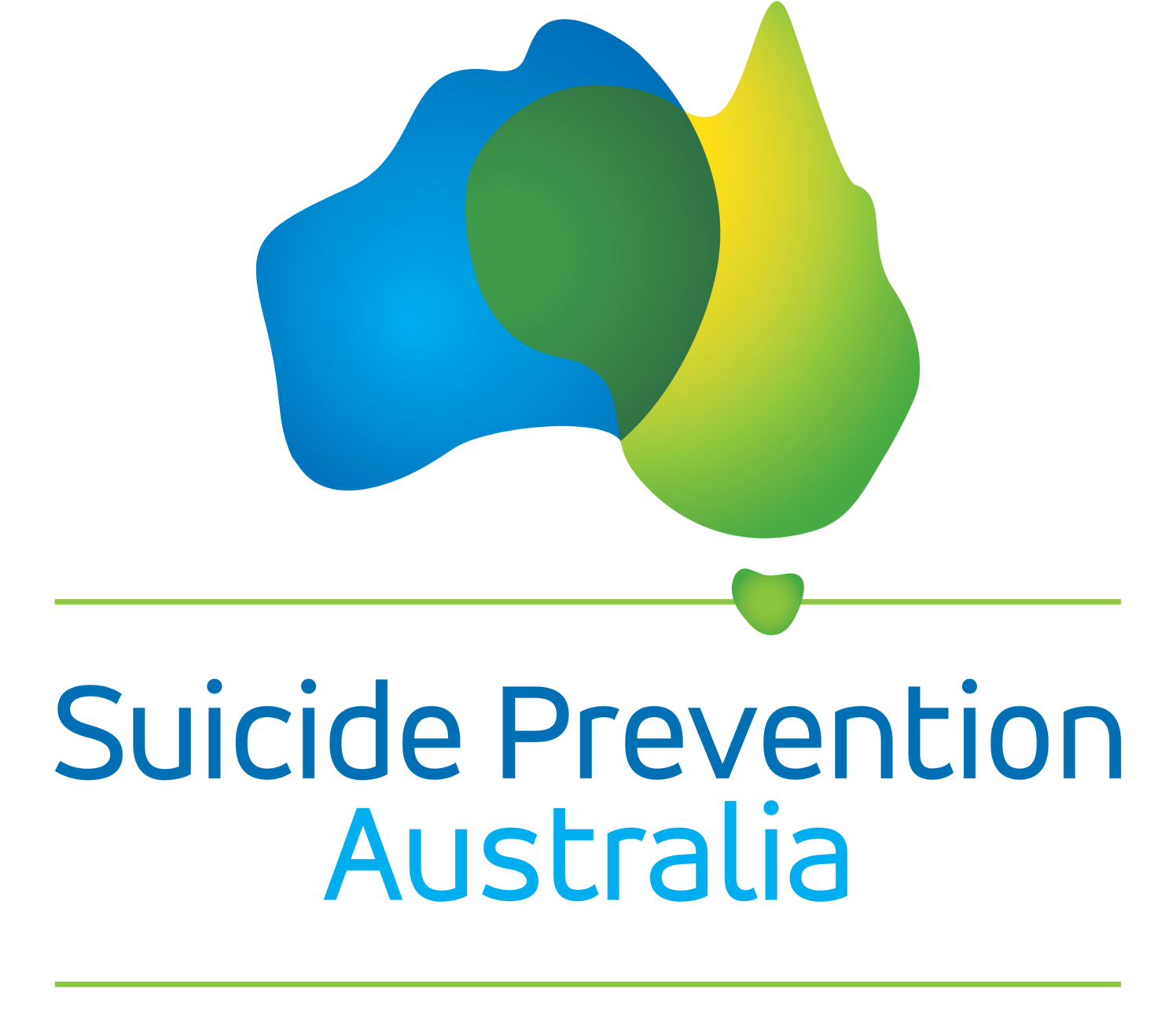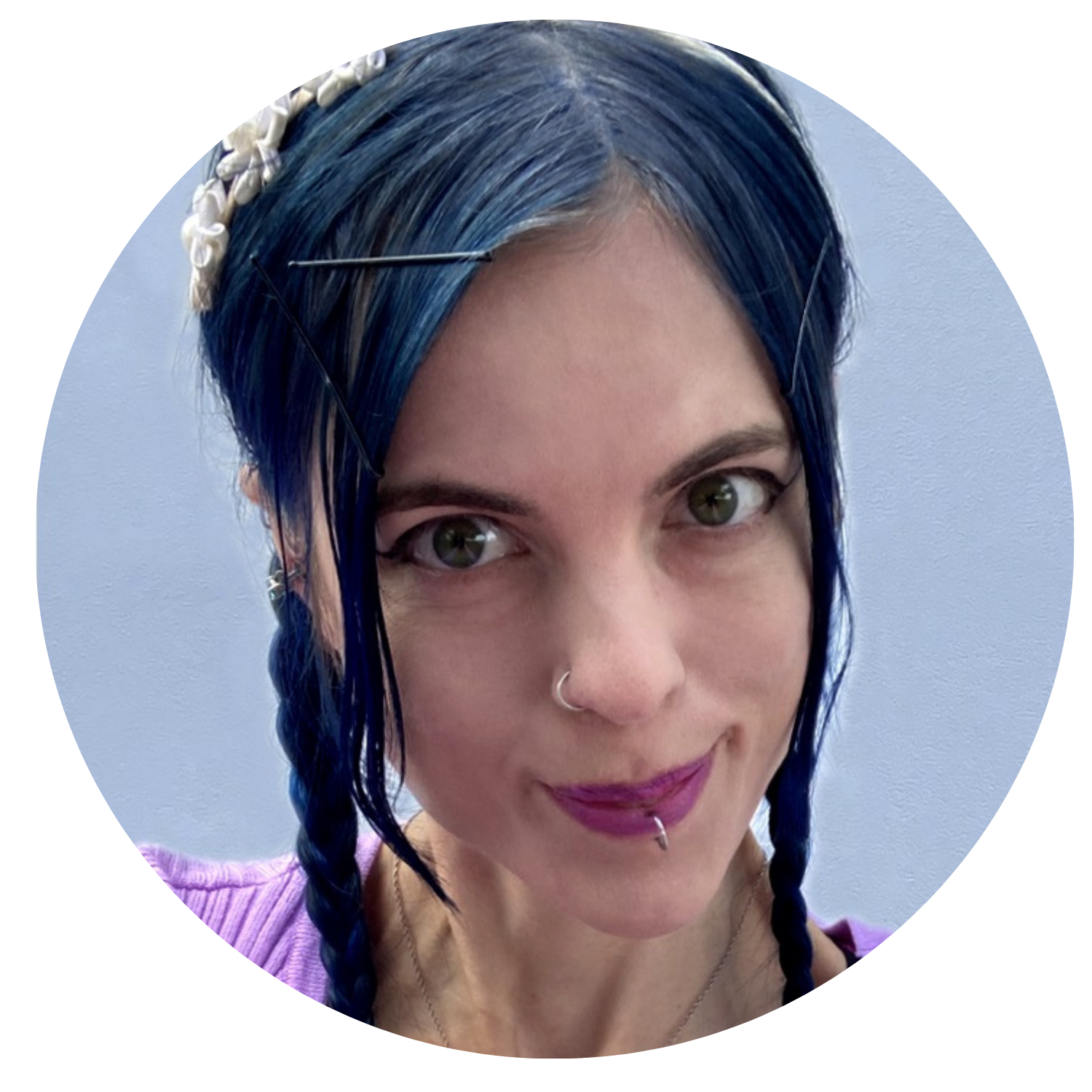I am a person with lived and living experience of chronic suicidality, suicidal survival, and suicide bereavement.
I experienced early adversities and traumas, and developed anorexia nervosa, repetitive self-harming in childhood, and first survived suicide in childhood. I developed psychosis in my early teens after experiencing an escalation in abuse, neglect, bullying, and identity-based marginalisation as an autistic LGBTIQA2SP+ person. I was repeatedly cycled through the hospital system throughout my teenage years and adulthood, which compounded my traumas through the use of restraint, confinement, and coercive control. I experienced instances of compassionate care and peer support as healing, and going off medication led to regaining my quality of life and regaining my liberty.
I now understand my suicidal thoughts and drives through a constellation of factors within my life, including trauma and adversity, marginalisation and oppression, disconnection and isolation from others, pressure to conceal and mask aspects of my identity; and unheard, unexpressed and dissociated aspects of my inner being. By understanding my suicidal experiences in this way, I have been able to experience a deeper and more profound re-connection to myself, and move to a greater realisation of healing and sanctuary inside myself, and re-connection to others. Now, when I experience suicidal thoughts and urges, I can listen to what’s occurring underneath that voice of suicidality, to hear the meaning behind it, and act to save my own life.
To me, suicide prevention involves many factors. Experiencing compassion has not only the ability to heal in a moment, but it also carries the ability of restorative justice and restorative healing; to echo and transform agony from the past, and to reverberate into the future. I have used memories of kindness and compassion as first-aid during suicidal despair. Having a place in society, feeling accepted, heard, engaged, valued, and connected is vital. When you are living in pain, moment to moment, you become disconnected to a future self. When we feel we belong and can contribute meaningfully, we connect to a sense of ourselves in a future that has roots. We become a tree in a forest. This is part of the power of hearing lived experience voices and stories. When we hear voices of healing and recovery, voices of healing through bereavement, voices of understanding; we connect, we belong. We can find greater acceptance of ourselves and give compassion to our own pain, as well as compassion to others. Hope emerges for a different future, with a vast breadth of possibilities.

